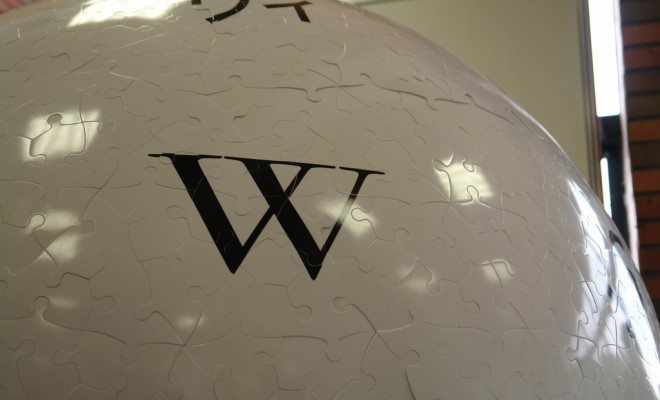 Image courtesy of [J Aaron Farr via Flickr]
Image courtesy of [J Aaron Farr via Flickr]
News
Wikipedia Banned in Russia: Internet Censorship Continues
Popular online encyclopedia Wikipedia has found itself a new enemy: the Russian government. Russian internet service providers were just ordered to block the site, another interesting move by a regime that is increasingly veering into the field of internet censorship.
Russia’s grudge against the online information hub was sparked by one article regarding a marijuana product called hashish, or in Russian, “charis.” Roscomnadzor, the section of the Russian police that has jurisdiction over the internet and media, flagged this particular page on charis because it believed it contained enough information for a reader to learn how to produce the drug. Providing information about how to produce drugs is illegal in Russia; this law was solidified by a court ruling in June that specifically pertained to instructions for making charas.
Last week, Roscomnadzor put a statement out about Wikipedia that implied that not taking down the charas page could have serious consequences:
In the event that [Wikipedia] refuses to comply with the court‘s ruling, Roskomnadzor will block the webpage on Russian territory using the registry of illegal information. In this case, insofar as Wikipedia has decided to function on the basis of https, which doesn’t allow restricting access to individual pages on its site, the entire website would be blocked.
Essentially, Roskomnadzor doesn’t want to block all of Wikipedia, but the way that Wikipedia is set up basically makes it an all-or-nothing deal. Officials have stated that if Wikipedia just takes down that one page, the rest of the site won’t be affected. But the head of Wikipedia Russia, Stanislav Kozlovsky, isn’t going down without a fight. According to RT he said on Friday:
His company was aware of the situation and that its staff had assessed the situation and decided not to comply with the authorities’ demands. He claimed that the sources of the information on the banned page were legitimate and taken from open and reputable sources, such as the United Nations’ website, and added that Wikipedia was prepared for the website’s blockage in Russia.
Wikipedia did try to change the URL of the article, but Roskomnadzor still deemed that insufficient and the site is still under threat.
It’s no secret that there are high levels of internet censorship and government oversight in Russia, particularly under current President Vladimir Putin’s leadership. For example, any blogger or website that has 3,000 or more daily readers has to register with the government. Additionally, like posting about how to produce certain types of drugs, other resources are blocked by the Russian government. Most notoriously, Russia bans “homosexual propaganda” from being posted online–essentially any positive information about LGBT rights or individuals is prohibited. Banning Wikipedia is just the latest restrictive move, and it almost certainly won’t be the last.








Comments